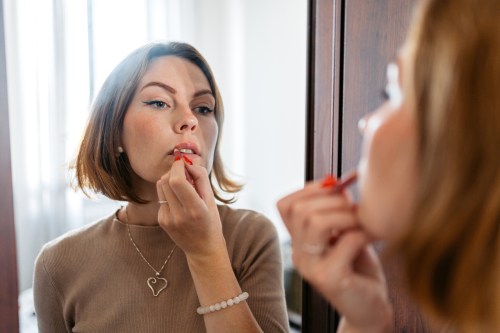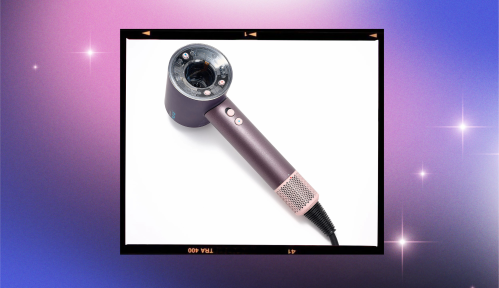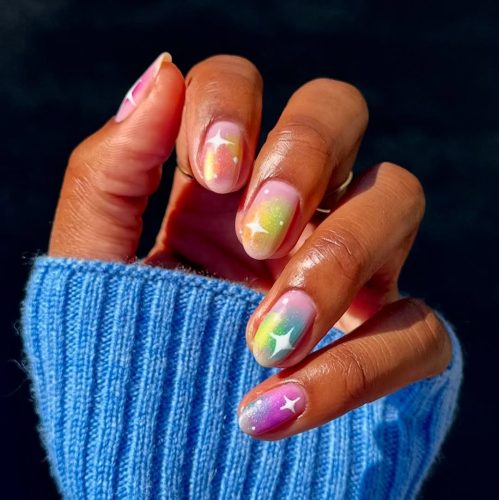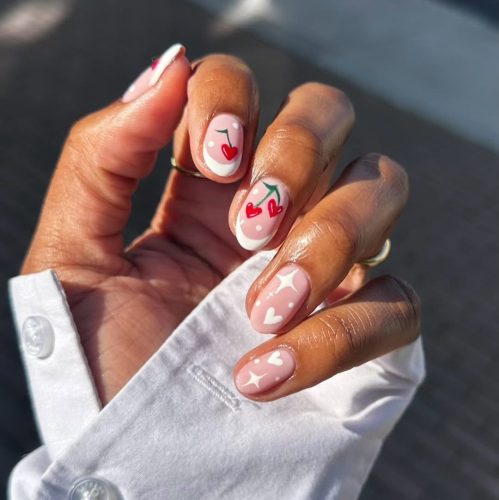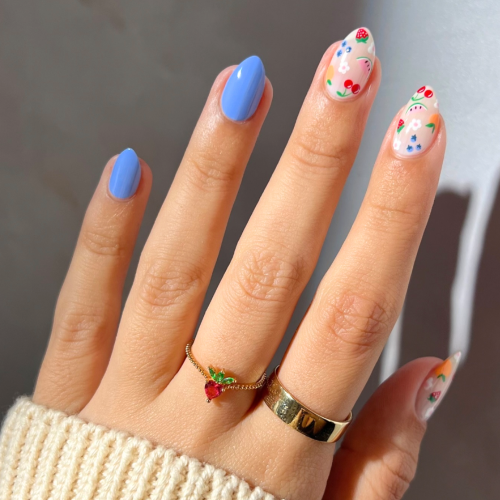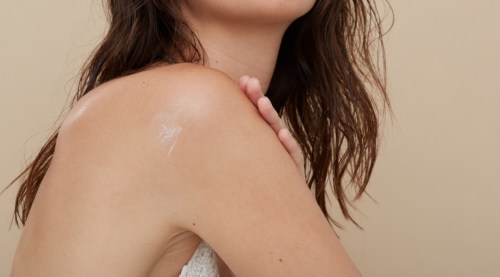Decoding beauty buzzwords: What do vegan, natural, clean, and cruelty-free *really* mean?
Natural, clean, vegan, and cruelty-free beauty and skin care products often get confused. Here's how to tell the difference between the labels and why you should care.
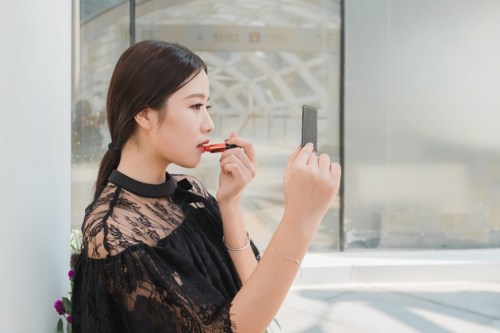
The clean-beauty glow-up of the past few years has been marked both by small companies dedicated to the industry sector opening up shop and big-box retailers getting in on the fun to make healthy products more accessible to everyone. In fact, we’re predicting the clean-beauty industry will get even bolder and more mainstream in 2018.
But it often seems like the words “vegan,” “clean,” and “natural,” among other terms, are thrown around interchangeably. Though I can sometimes tell whether a product is nontoxic (it helps if you follow these guidelines for reading beauty labels—which are, thankfully, getting easier to read), it can be tough to articulate the nuanced differences between the different designations and why they’re noteworthy.
Here’s a rundown on how to decode the most common beauty-label buzzwords.
Is there a difference between “cruelty-free” and “vegan” makeup?
“Cruelty-free” and “vegan” are not, in fact, synonymous when it comes to skin-care and beauty-product labels. For a product to be cruelty-free, it can’t have been tested on or harmed animals in its production, according to Doe Deere, founder of vegan and cruelty-free makeup brand Lime Crime.
Alternatively, to be classified as vegan, products and cosmetics companies (like Hourglass and Pai) “go through strict testing by certifying organizations, such as Leaping Bunny and PETA, to meet requirements and assure that all cosmetics do not contain any animal-based ingredients,” Deere, explains.
But vegan products don’t have to also be cruelty-free, as vegan products can be tested on animals. And cruelty-free products might contain animal byproducts, meaning they’re not vegan, Hannah Brady, an in-house esthetician at Credo tells me.
As for why you might be interested in cruelty-free and vegan skin care? Deere says that people often opt for vegan products since those are less likely to trigger allergies or cause irritation. Also, if you’ve adopted a vegan or fur-free lifestyle in the interest of animal welfare or to improve the environment, the products might especially appeal to you.
What about “clean” and “natural” beauty labels?
The “natural” label in the beauty industry carries similar problems as certain vague labels in the food industry—namely a huge lack of regulation. Kevin Gianni, the CEO of clean (and crystal-infused!) beauty brand Annmarie Skin Care says that when it comes to natural beauty products, “there’s hardly any regulation as to what can be called natural or not.”
But in essence, if a product is in fact natural, this means that the ingredients should only be comprised of plants, botanical extracts, and minerals (think brands like Kypris, and Marie Veronique). Natural ingredients are, however, somewhat counterintuitively not always “clean.” Gianni uses the examples of poison oak and lead, which, although natural, are not nontoxic and shouldn’t be used on your skin.
And though a clean product can also be natural (as is the case for brands like May Lindstrom and Captain Blankenship), this is more of a happy coincidence than a goal or a requirement. For a product to be clean, Brady says it must be formulated with ingredients that are ethically sourced, sustainable and nontoxic to your health and the environment—essentially without any of the ingredients that comprise the “dirty dozen,” which are clean beauty’s banned ingredients. Clean products can include “safe synthetic ingredients that do not pose health problems,” Brady adds. Examples of those are lab-made ingredients engineered precisely to mimic natural ones (these are called “natural identicals”) and are used in brands like Ilia and Drunk Elephant. Interestingly, Gianni notes that being vegan isn’t a requirement for a product to be clean, though being cruelty-free is.
And why should you care about using clean products? Gianni points out that since “our skin absorbs the products we apply like a sponge, using clean products can reduce the sensitivity and irritation that comes hand in hand with synthetically derived ingredients.” Plus there’s the nifty bonus of clean products being kind to the environment.
Now that you’re armed with the basics, you’re one step closer to being fluent in the complicated language of beauty labels; it’s a dinner party trick that can also benefit your holistic health.
Now that your skin is taken care of, here’s how often you should be getting haircuts and three ways to tell if you’re washing your hair properly.
Sign Up for Our Daily Newsletter
Get all the latest in wellness, trends, food, fitness, beauty, and more delivered right to your inbox.
Got it, you've been added to our email list.
